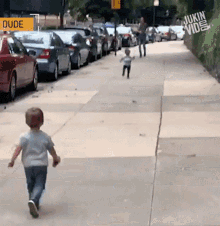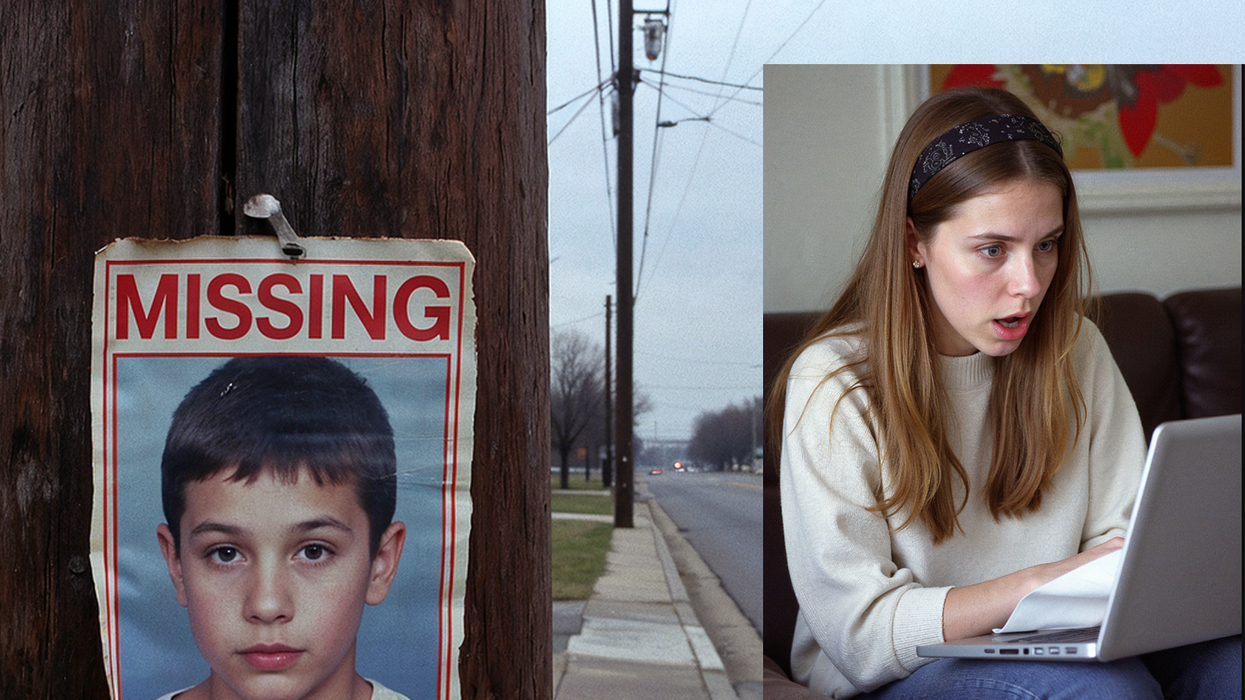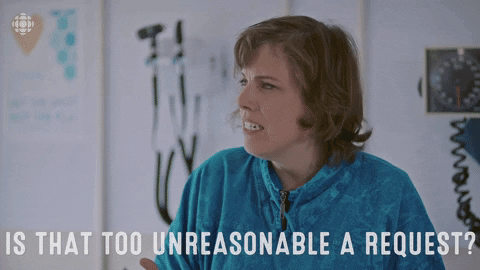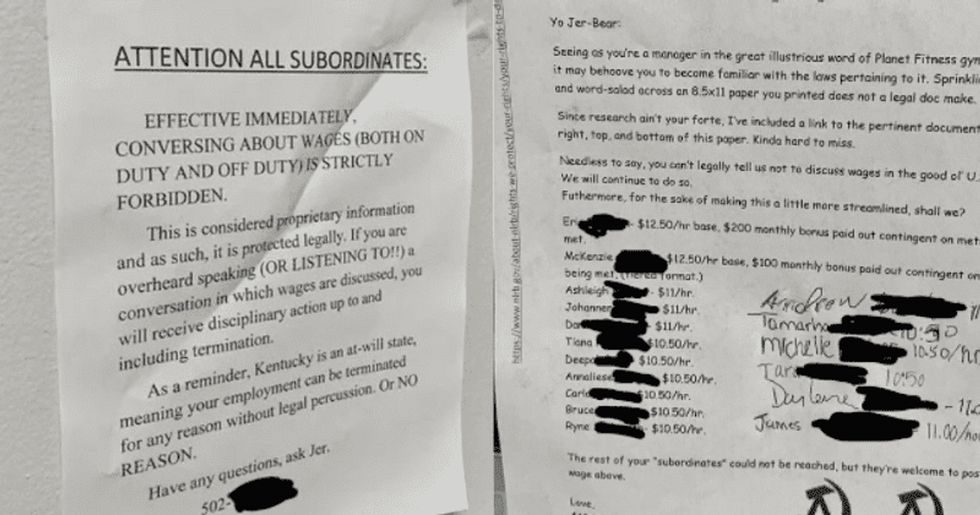When someone close suddenly disappears, their family clings fiercely to hope—even if the search stretches across decades. A woman who had spent years desperately searching for her younger brother, Tommy, discovered an astonishing lead after 25 years of uncertainty. Ahead of Thanksgiving, a seemingly ordinary detail in an online news story changed their lives forever.
For decades, the sister had carried deep sadness about Tommy’s disappearance in 1999. According to CNN, Tommy had vanished along with his vehicle without leaving any trace. Over the years, she anxiously scoured reports of unidentified remains, fearing the worst. However, her fortunes changed dramatically after coming across an article in USA Today, which featured a hospitalized man whose identity was unknown, as he could neither speak nor communicate effectively.
Recognizing something familiar in the image of the hospitalized man, the sister quickly contacted the Lassen County Sheriff's office. Speaking with Deputy Derek Kennemore, she explained her suspicion that this unidentified patient might indeed be her long-lost brother, referencing the missing person report she'd filed in 1999.

After her call, Kennemore coordinated with hospital officials and found Tommy’s physical description matched perfectly with that of the patient. The Nor-Cal Alliance for the Missing confirmed through fingerprint analysis that the patient was indeed Tommy, issuing a statement: “An individual was brought to a Los Angeles County hospital and recent fingerprint analysis confirmed his identity as Tommy.” Though Tommy still faced significant medical challenges and remained non-verbal, his identity was now confirmed, leading to an emotional reunion with his family.
“After being missing for 25 years, Tommy, a case close to our hearts, has been found and will soon be reunited with his loving family,” read a moving Facebook post from the county. “Today, we celebrate a reunion 25 years in the making—a moment that brings light to the darkest of times.”
The family’s GoFundMe page, originally set up to support Tommy, overflowed with gratitude and emotional messages. “All this time, I had been looking for unidentified remains. I was delighted to find him alive!” the sister wrote.
Though she lives 600 miles away from Tommy, she has been actively assisting him financially with small transfers and medical expenses. She also explained that Tommy, currently non-verbal, is still learning basic tasks like walking and eating. The GoFundMe campaign has already raised over $11,000, but ongoing support remains vital.
Thanks to one sister's keen observation and relentless hope, a family torn apart by tragedy finally has a chance to rebuild, united once again after a quarter-century apart.












 It wasn't even February, so she wasn't expecting what came next.
It wasn't even February, so she wasn't expecting what came next.  The hug came first, the 'yes' took a few moments more.
The hug came first, the 'yes' took a few moments more. 






 Representative Image Source: Pexels | Oleksandr P
Representative Image Source: Pexels | Oleksandr P  Layout of the plane seatsImage Source: Mumsnet |
Layout of the plane seatsImage Source: Mumsnet | 




 Image Source: Joshua Potash | Reddit
Image Source: Joshua Potash | Reddit 



 Representative photo by luis arias |
Representative photo by luis arias | 
 Representative photo by Jamie Lee |
Representative photo by Jamie Lee | 
